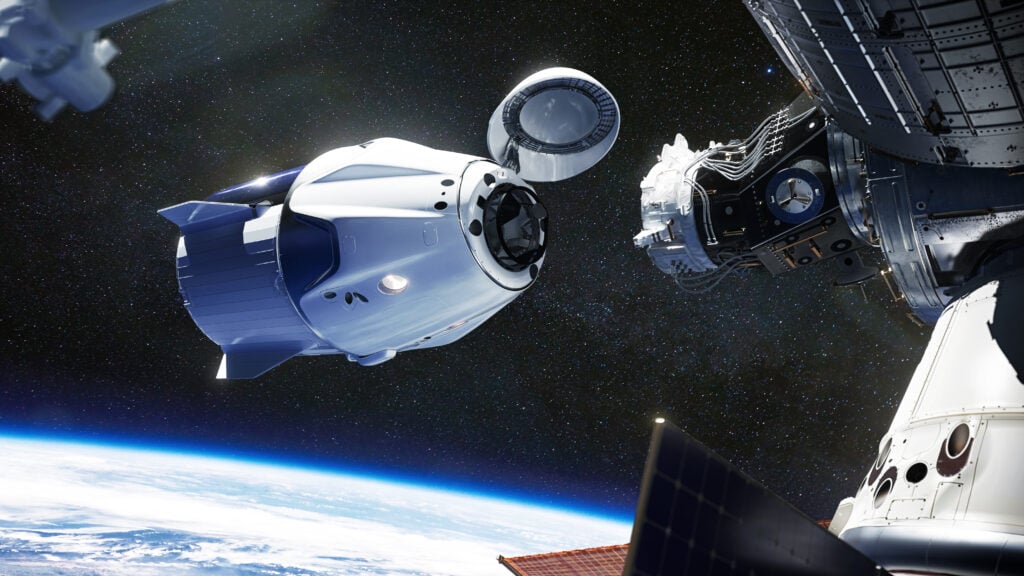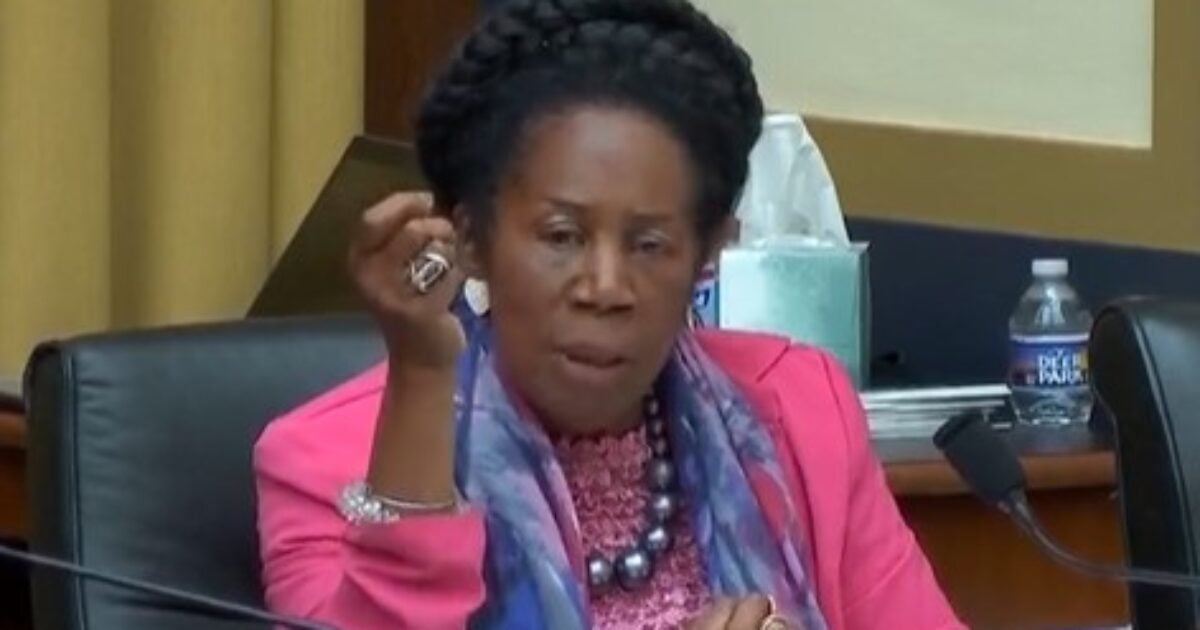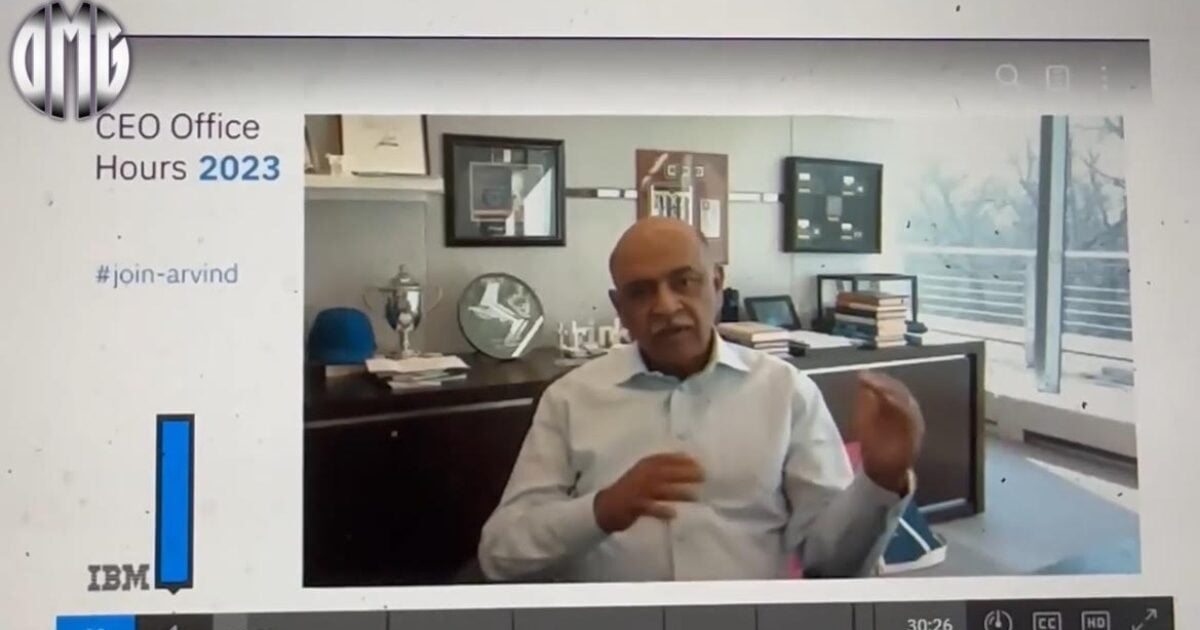ADVERTISEMENT
Elon Musk is, without a doubt, one of the most influential figures of our time. Co-founder of PayPal and an early investor of Tesla, Elon also founded SpaceX, proving himself to be a visionary who is not afraid to challenge the status quo.
Today, he is making headlines once more—but this time, it’s not with rockets or electric cars. His latest venture offers something completely new: a free service that could revolutionize the way we stay connected during the most crucial moments. While specifics are still unfolding, one thing is certain: this innovation has the power to affect millions.
In the context of the recent wildfires in Los Angeles, SpaceX’s response—offering free Starlink terminals to affected areas—once again underscores the transformative power of his innovations. But beyond the immediate crisis, the question many should ask is: Is Musk offering a definitive solution to the connectivity problems worldwide?
In the words of Sawyer Merritt, a well-known Twitter user, “The only reason you can see us right now is thanks to Starlink.” This is a clear example of how a private company, without relying on government resources, can effectively intervene in emergency situations, highlighting the superiority of private innovation over state bureaucracy.
By offering free Starlink terminals in the affected areas, SpaceX has demonstrated how technology can go beyond its commercial purposes and become a crucial tool for social stability and public safety.
And this is not the first time SpaceX has intervened in crisis situations: from Hurricane Dorian in the Bahamas to the devastating earthquakes in Turkey, the company has made its satellites available to restore communications and save lives.
A Defender of Innovation and Individual Freedom
What many seem to overlook is that Musk’s philosophy is not limited to offering high-tech products.
Since the launch of Starlink, Musk has sought a way to connect the world, especially regions that have been ignored by large traditional internet providers.
Unlike companies like Google or Amazon, whose approach to global connectivity appears more like a form of control, SpaceX and Musk are offering an alternative free from state intervention and without the restrictions imposed by the physical infrastructures of traditional telecommunications.
Musk’s goal with Starlink is to democratize internet access. While companies that dominate traditional telecommunications infrastructure have focused primarily on urban areas and high-income zones, Starlink has brought high-quality internet to rural and remote areas, where connectivity was once a luxury. This represents a clear victory for conservatism: a private, efficient solution that puts the power of connectivity in the hands of citizens, without the need for government interventions.
A Challenge to Traditional Networks and State Bureaucracy
One of Musk’s greatest achievements has been challenging the monopolization of essential services by the government. Telecommunication networks, traditionally controlled by companies and agencies with strong government ties, have proven to be ineffective and slow in responding to the needs of the most vulnerable communities.
With the expansion of Starlink, Musk has exposed what many already knew: the state model of resource management is not only inefficient, but also lagging in terms of innovation.
In an increasingly interconnected world, the ability to access the internet has become essential. While governments and traditional corporations have struggled to provide scalable solutions to the growing demand for connectivity, Musk has exceeded expectations with a satellite network that not only offers high-speed internet but can do so anywhere on the planet.
This also applies to developing regions, where the lack of terrestrial infrastructure has been an obstacle to progress.
Starlink has provided millions of people in Africa, Asia, and Hispanic America with a way to connect to the world, improving their access to education, health, and commerce.
This is a clear example of how technology can be used to improve people’s lives, without the bureaucracy and inefficiency of government.
About The Author















